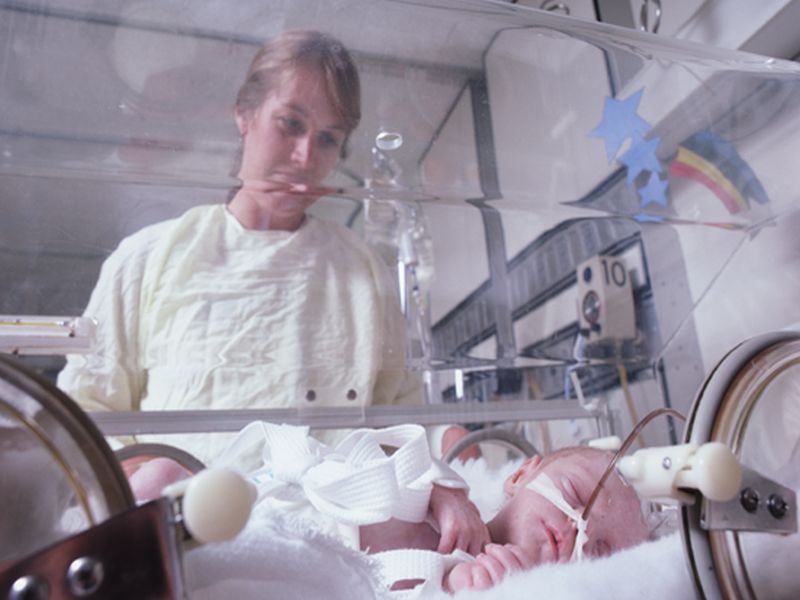Smog Could Land Newborns in Intensive Care

THURSDAY, July 25, 2019 (HealthDay News) -- The danger that air pollution poses to the hearts and lungs of adults is well-documented, but new research suggests that newborns are also at risk.
Infants of mothers who were exposed to high levels of air pollution in the week before giving birth were more likely to end up in the newborn intensive care unit (NICU).
"Short-term exposure to most types of air pollutants may increase the risk for NICU admission," said study leader Pauline Mendola, from the epidemiology branch of the U.S. National Institute of Child Health and Human Development.
"If our findings are confirmed, they suggest that pregnant women may want to consider limiting their time outdoors when air quality advisories indicate unhealthy conditions," Mendola added in an institute news release.
The researchers said the level of increased risk can range from 4% to as much as 147%.
For the study, the investigators analyzed data on more than 223,000 births at 12 clinical centers in the United States from 2002 to 2008. That data was compared with local air quality data for each birth on the day of delivery, the day before delivery and in the week before the delivery.
The researchers then estimated the odds of NICU admission associated with a mother's exposure to high concentrations of pollution particles less than 2.5 microns in diameter. These particles come from various sources, including diesel and gasoline engines, power plants, landfills, sewage facilities and industrial facilities.
A mother's exposure to high concentrations of organic compounds in the air was associated with a 147% increased risk of NICU admission. The increased risk was 38% for elemental carbon, 39% for ammonium ions and 16% for nitrate compounds, the findings showed.
The risk of NICU admission increased significantly with exposure to traffic-related pollutants on the day before (4%) and the day of delivery (3%) compared with the week before delivery, for a 300 parts per million (ppm) increase in carbon monoxide; 13% and 9% for a 26 ppm increase in nitrogen dioxide; and 6% and 3% for a 3 ppm increase in sulfur dioxide.
The study was recently published online in the Annals of Epidemiology.
It's not clear why exposure to air pollution during pregnancy might increase the chances for NICU admission. It may be that inflammation caused by pollution exposure may impair blood vessel growth in the placenta, which supplies oxygen and nutrients to the developing fetus, the researchers suggested.
More information
The American Lung Association has more on children and air pollution.

The news stories provided in Health News and our Health-E News Newsletter are a service of the nationally syndicated HealthDay® news and information company. Stories refer to national trends and breaking health news, and are not necessarily indicative of or always supported by our facility and providers. This information is provided for informational and educational purposes only, and is not intended to be a substitute for medical advice, diagnosis, or treatment.

